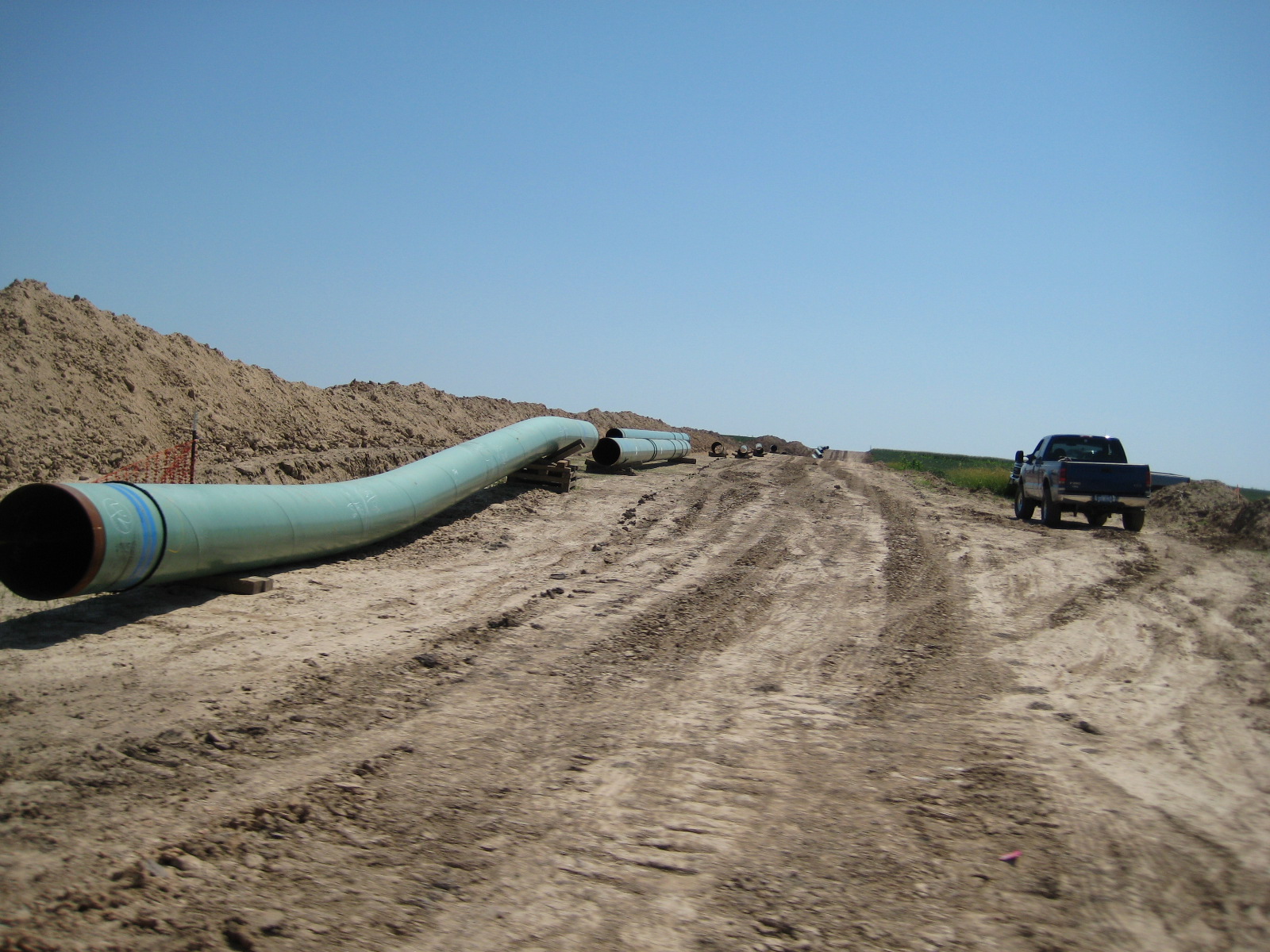U.S. President Donald Trump is known for tweeting alternative facts. But occasionally, perhaps inadvertently, his tweets conform to real facts. When he approved the building of TransCanada’s Keystone XL pipeline, Trump said it would “reduce our dependence on foreign oil.” Given that the pipeline would be filled with mainly Alberta bitumen, Trump revealed that he thinks Canadian oil is American oil.
Unfortunately, it’s virtually true. NAFTA’s proportionality rule (Article 605) gives Washington, D.C., virtually unlimited, first access to most of Canada’s oil and natural gas.
Canadian discussions of the upcoming NAFTA talks have so far focused almost exclusively on dairy farming, softwood lumber, buy-American purchasing policies and trade-dispute panels. They’re important issues, but Canada is playing defence on them. A hockey team that only plays defence will lose. Going up against a U.S. president who boasts that he is the winner who takes all, Canada must lead with its own demands.
At the top of the list Ottawa should demand the same exemption from the energy-proportionality rule that Mexico gained when it joined NAFTA in 1994. Prime Minister Jean Chrétien won the 1993 federal election partly on this promise, but then caved into U.S. President Bill Clinton’s resistance.
NAFTA’s proportionality rule obligates Canada to make available to the U.S. the same share of its oil, natural gas and electricity as it has in the previous three years. Currently, it’s over 50 per cent of our natural-gas output and about 75 per cent of our oil production.
No other industrial country has signed away to another country first access to its energy resources.
No wonder. Under proportionality, Canadian exports of oil and natural gas can rise or fall through “market” changes — essentially decisions by Big Oil — but Ottawa can’t, as a matter of policy, reduce carbon-energy exports to cut greenhouse gases (GHGs), or redirect domestic oil to displace oil imports to Eastern Canada, as it did during the oil-supply shortages of the 1970s.
Because the Alberta oilsands are one of the most costly major sources of oil in the world, oil corporations may abruptly divest from them, as European- and U.S.-based ones have already started to do, and leave oil workers and their communities to fend for themselves. But NAFTA’s proportionality rule makes it difficult for the Alberta and federal governments to plan a phase-out of the oilsands to achieve a soft landing and to phase-in low-carbon alternatives by employing laid-off and retrained oilsands workers.
The proportionality rule has never been invoked, but its existence in NAFTA deters Canadian governments from winding-down carbon exports and protecting Eastern Canadians’ energy security.
Canada can’t greatly reduce its GHGs if it can’t control and reduce the largest source of them. They come from the production of oil and natural gas in Canada, especially from Alberta’s oilsands.
For the sake of the climate and humanity’s future, we hope oil will become a minor part of the world’s energy mix by mid-century. But, today, oil is the primary energy source for armed forces and making war.
What will happen to Eastern Canadians if a Middle East war temporarily halts much of the world’s oil shipments through the Persian Gulf’s narrow Strait of Hormuz? Trump’s penchant for unpredictable foreign-policy turns raises the chances of a wider war spreading from those in Yemen, Syria and Iraq, and tensions between Qatar and its neighbouring states.
Eastern Canadians are vulnerable to an international oil shortage because they rely heavily on foreign oil to heat their homes and drive their cars, trucks, trains and ships. NAFTA’s proportionality clause greatly hinders Canada from prudently ensuring that everyone in Atlantic Canada, Quebec and Ontario get domestic, non-fracked, conventional oil.
Once Canada wins a Mexican-style exemption from the proportionality rule, it should direct that tankers exporting Newfoundland’s conventional oil be rerouted to supply Atlantic Canadians and eastern Quebeckers instead, and end oil imports, including those from the U.S. Does anyone doubt that in an international oil-supply crisis, Trump would ban U.S. oil exports to Canada and elsewhere, and redirect them to Americans?
In The Art of the Deal, Trump advocates knowing when to walk away. Two can play that game. Canada should enter the NAFTA talks to make it better, but keep NAFTA’s six-month exit clause on reserve just in case.
Gordon Laxer is founding director of the Parkland Institute at the University of Alberta and author of: After the Sands. Energy and Ecological Security for Canadians.
This article was first published in The Vancouver Sun.
Image: Wikimedia Commons/shannonpatrick17
Like this article? rabble is reader-supported journalism.





